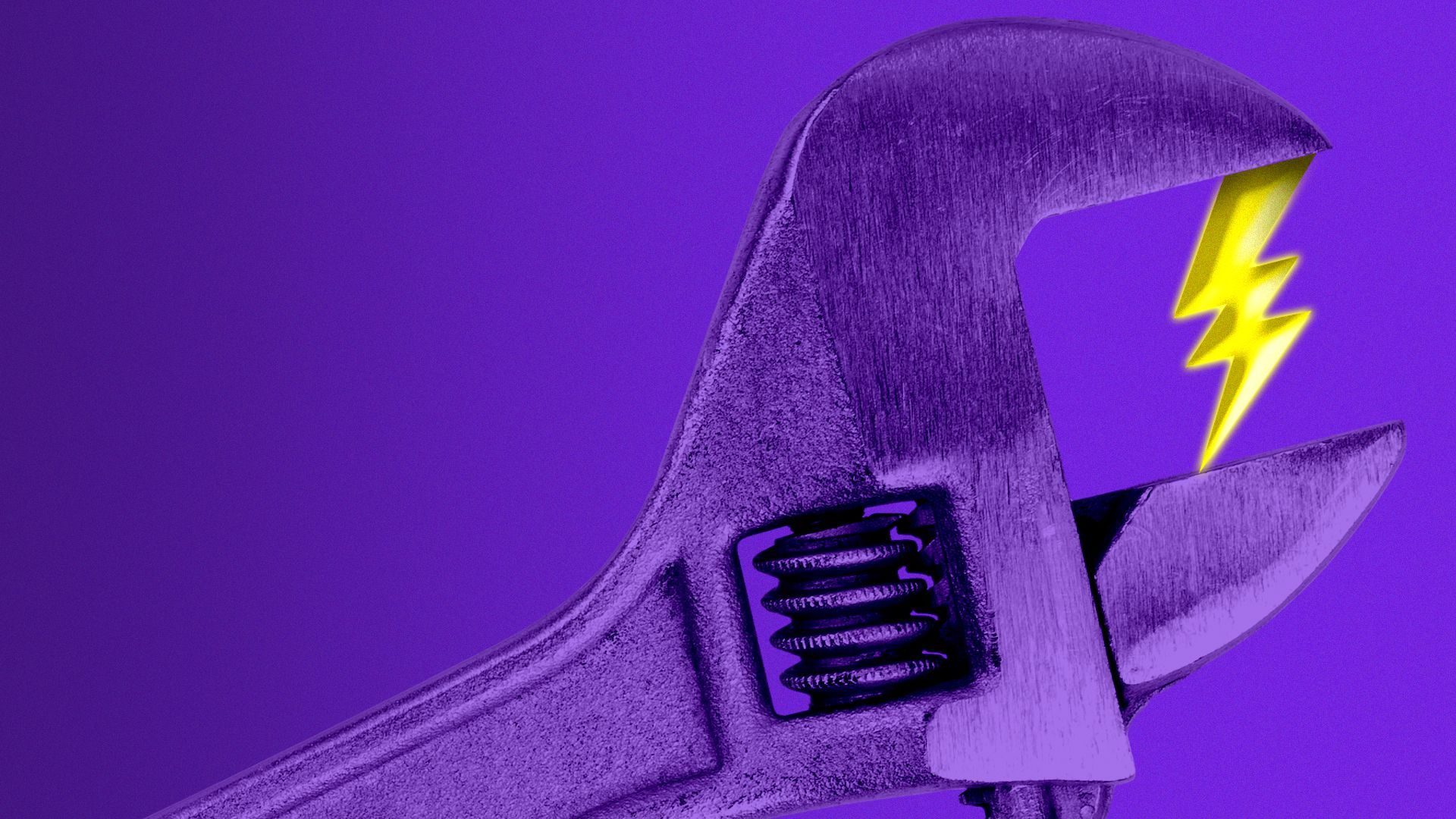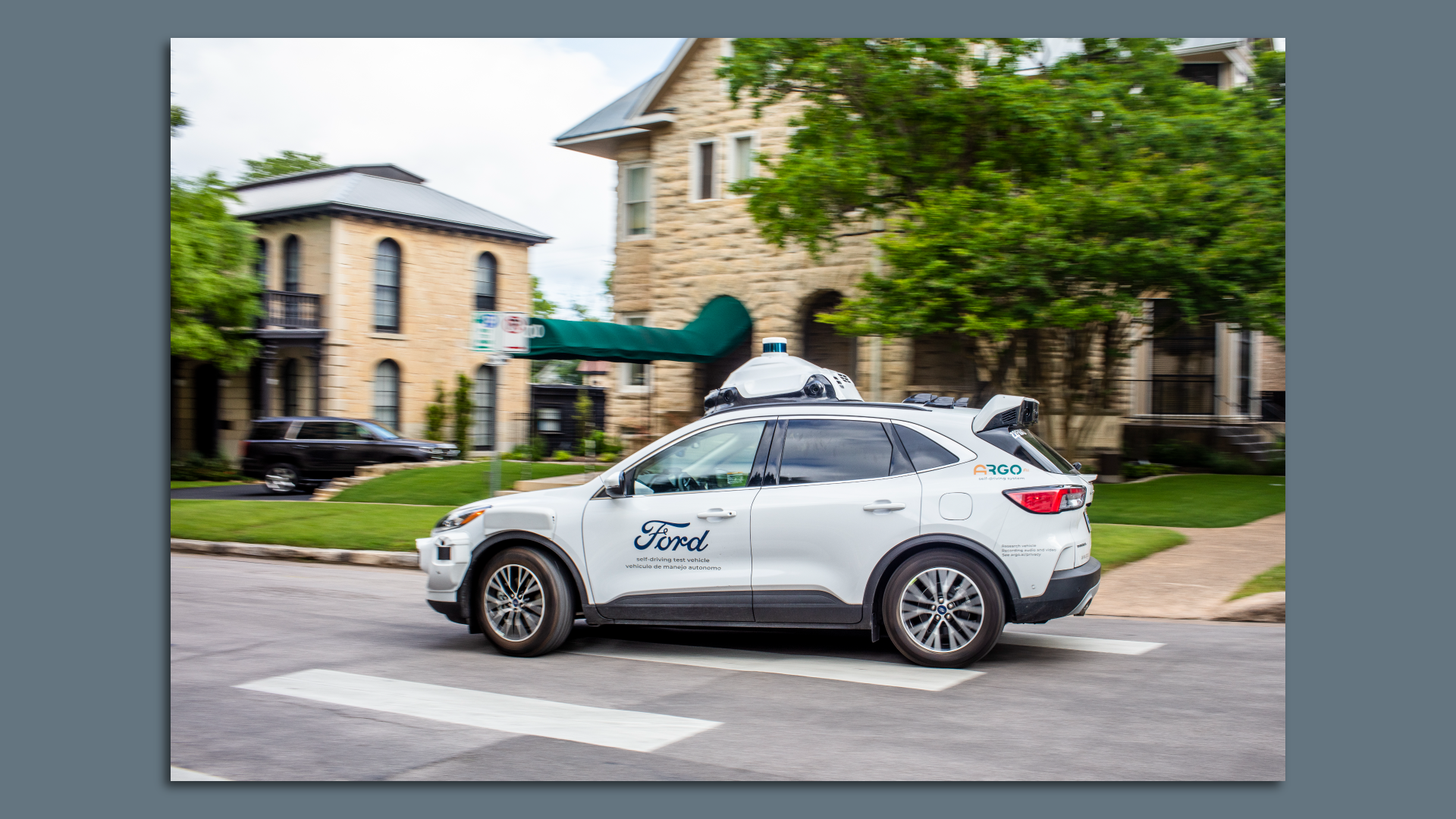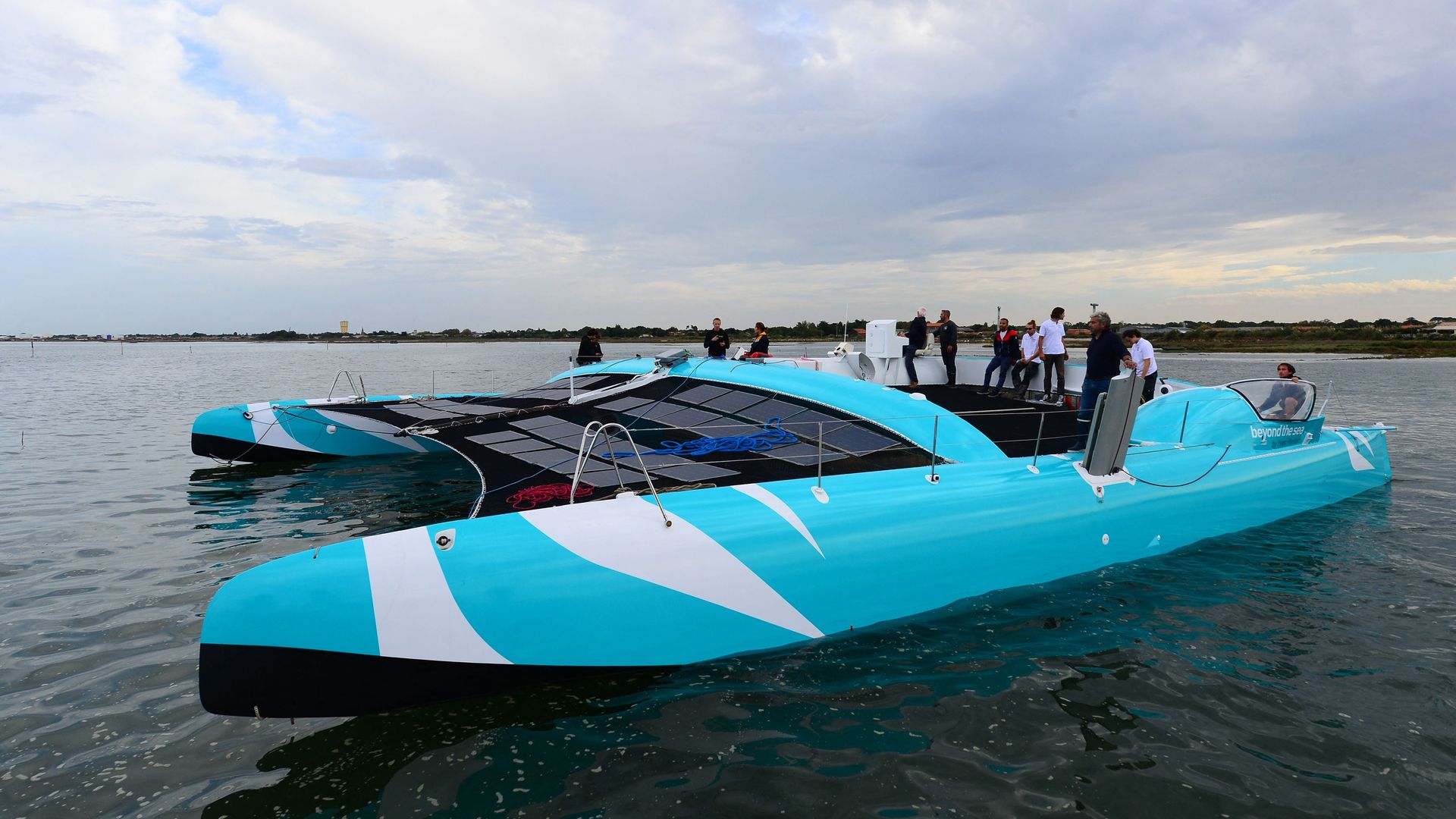| Electric vehicle charging stations are popping up everywhere, sparking a growing demand for technicians trained to service them, Joann Muller reports. - Certified EV Supply Equipment technicians are among the many new kinds of jobs being created by the shift toward cleaner transportation.
Why it matters: The nascent EV movement could stall if consumers can't find a charger when they need one — or worse, if they meticulously plan out their charging stops, only to be thwarted by broken plugs. - One recent study found that about a quarter of the San Francisco Bay Area's 181 public chargers were malfunctioning.
- A lot of things can go wrong with EV chargers, such as broken screens or damaged plugs, power interruptions, network connection failures or faulty credit card payment systems — even a dollop of bird poop could be a turnoff for some drivers.
Where it stands: About 48,000 public chargers currently dot the U.S., offering a range of power levels and speeds. That number will only grow, in part thanks to a $5 billion federal program for building charging stations along the nation's highways. - The industry is fragmented, though, with many players and different business models — and no clear line of responsibility for maintenance and upkeep.
Some companies, such as ChargePoint, sell charging equipment and cloud services to stores, offices and businesses. Maintenance contracts, however, are sold separately. - Others, such as Electrify America and EVgo, own and operate the chargers they install on public and private property. They monitor their equipment remotely, deploying "boots on the ground" when needed.
- Many providers boast about network "uptimes" of 95%-98% — yet that doesn't always line up with reality.
Yes, but: It's not always clear who is responsible for fixing chargers when problems arise. - "There's a lot of passing of the buck," says Matt Teske, founder and CEO of Chargeway, a startup focused on simplifying EV charging for consumers.
- "We're spending billions to put chargers in the ground and zero on incentives to make sure they work."
To help fix that problem, Kameale Terry and Evette Ellis co-founded ChargerHelp, a startup dedicated to fixing broken EV chargers. - They first have to recruit and train a brand new workforce that can diagnose and repair the wide range of available chargers.
- So far ChargerHelp has trained about 500 technicians, but thousands more are needed to keep up with the expected rollout of EV charging infrastructure, they tell Axios.
- They're partnering with workforce development centers — especially in minority and rural communities — and retraining people from the cable, oil and gas, and telecommunications industries.
What they're saying: "This is the new workforce where you have so many smart devices," Terry tells Axios. "You're OK with getting dirty — and you also understand software and IT." The bottom line: The EV industry is still young, and the charging experience has a long way to go — but there's an opportunity here for those looking for a new line of work. Share this story. | 









No comments:
Post a Comment